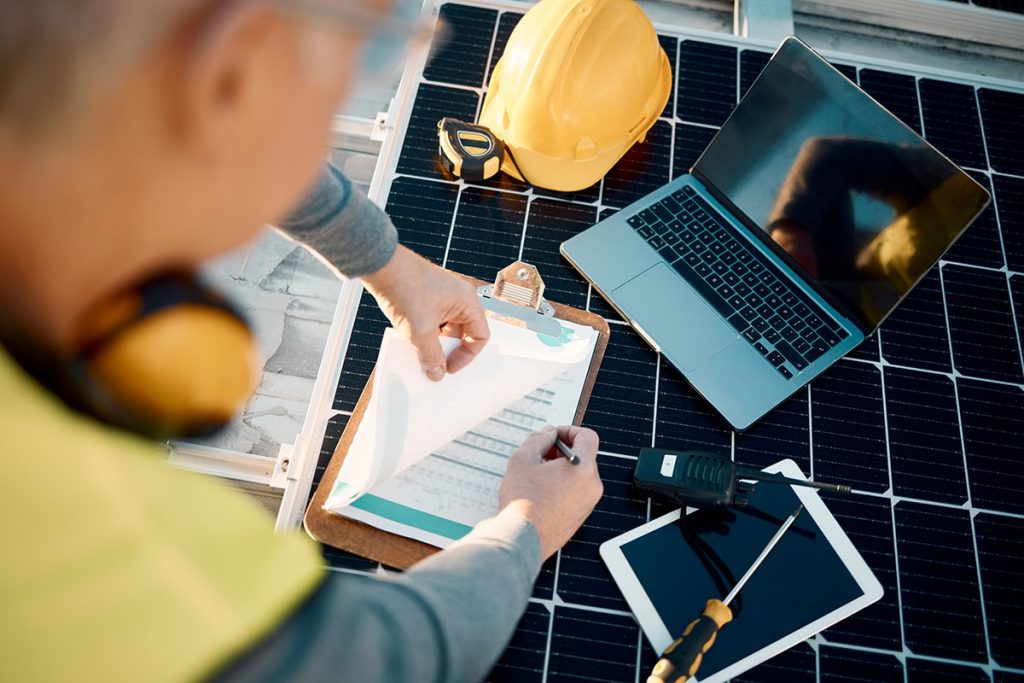Adelaide Solar Feed-In Tariffs
Feed-in tariffs (FiTs) play a crucial role in incentivizing the adoption of solar energy, particularly in regions like South Australia with abundant sunlight and a strong commitment to renewable energy.
In South Australia, FiTs are a financial incentive provided to homeowners and businesses who generate excess electricity from their solar photovoltaic (PV) systems and feed it back into the grid. These tariffs compensate solar system owners for the electricity they export, typically at a rate higher than the retail price of electricity.
The South Australian government, recognizing the importance of solar energy in reducing greenhouse gas emissions and promoting energy self-sufficiency, has implemented various FiT schemes over the years to support the growth of the solar industry.
Initially, generous FiTs were introduced, which encouraged many South Australians to invest in solar PV systems. However, as the uptake of solar increased and the cost of solar technology decreased, these tariffs were gradually reduced to reflect the changing market conditions and ensure the long-term sustainability of the scheme.
Currently, South Australia offers net FiTs, where excess solar electricity exported to the grid is credited at a rate determined by the government, typically based on wholesale electricity prices. This means solar system owners are compensated for the electricity they generate but do not consume onsite.
FiTs in South Australia provide several benefits. They help reduce electricity bills for households and businesses with solar PV systems, making solar energy more economically viable and attractive. Additionally, FiTs contribute to the stability of the electricity grid by incentivizing distributed generation and reducing peak demand during daylight hours, when solar generation is at its highest.
Overall, feed-in tariffs have played a crucial role in the widespread adoption of solar energy in South Australia, driving investment in renewable energy infrastructure, reducing reliance on fossil fuels, and contributing to the state’s transition to a cleaner and more sustainable energy future.









